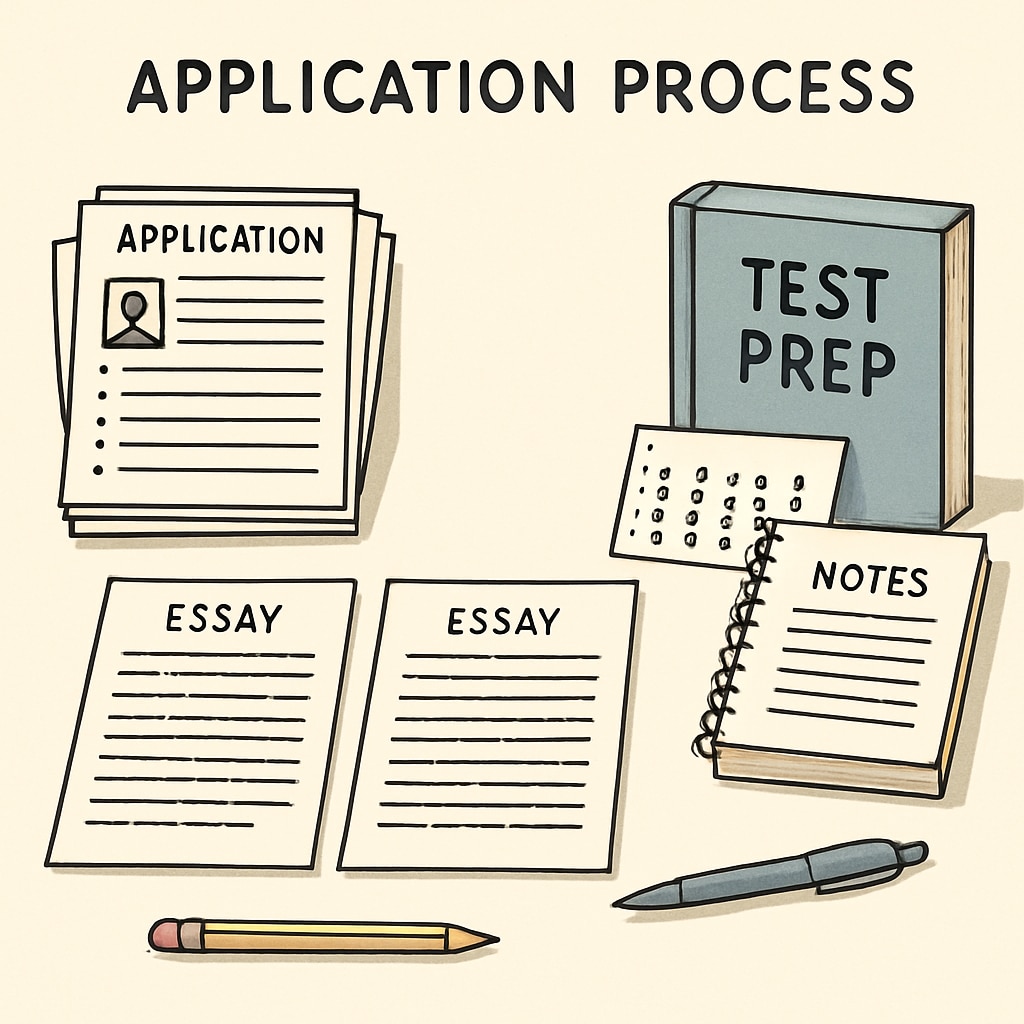For international students planning to study abroad, the intersection of A Levels, U.S. universities, and college admissions requires careful consideration. A Levels, a widely recognized academic qualification offered primarily in the UK and Commonwealth countries, can be a strong foundation for applying to American universities. However, as students navigate this pathway, they must weigh its advantages and challenges while adapting to the distinct requirements of U.S. institutions.
Is the A Levels Curriculum Compatible with U.S. University Admissions?
The A Levels curriculum is globally acknowledged for its rigor and depth, making it an attractive option for students considering U.S. universities. With a focus on specialized subjects, A Levels allow students to delve deeply into areas of interest, showcasing mastery and intellectual commitment. U.S. universities, particularly elite institutions, often value this level of academic preparation.
However, the compatibility between A Levels and U.S. admissions depends largely on individual universities’ evaluation criteria. While many American universities accept A Levels as part of their admissions process, they may also require supplementary materials such as standardized test scores (e.g., SAT or ACT), extracurricular achievements, and essays. Thus, students must ensure their applications meet all required elements to remain competitive.

Advantages of A Levels for U.S. University Applications
A Levels offer unique benefits, particularly for international students aiming to stand out in the competitive U.S. admissions landscape. Here are some key advantages:
- Academic Depth: A Levels provide an opportunity to specialize in 3-4 subjects, demonstrating a focused and advanced understanding in these areas.
- Global Recognition: Many U.S. universities view A Levels as equivalent to Advanced Placement (AP) courses in the U.S., which can enhance application credibility.
- Grade Conversion: High scores in A Levels (such as A* or A grades) are often equated with strong academic performance, aligning well with U.S. admissions expectations.
- Credit Opportunities: Some universities may offer college credits for high A Level scores, reducing the overall time and cost of earning a degree.
For example, institutions like Harvard University and Stanford University recognize A Levels during their admissions process. These universities emphasize academic excellence, making A Levels a valuable asset for students applying to competitive programs.
Challenges and Potential Limitations
Despite its advantages, A Levels come with certain challenges when considered for U.S. university applications:
- Limited Breadth: Unlike the broader curriculum of U.S. high schools, A Levels focus narrowly on selected subjects. This can be perceived as lacking versatility by universities that value well-rounded profiles.
- Supplementary Requirements: U.S. universities often require additional components, such as SAT/ACT scores, extracurricular activities, and essays, which may not be emphasized in A Levels coursework.
- Recognition Variance: While many universities accept A Levels, some might prefer other curricula, such as the International Baccalaureate (IB), for their holistic approach.
- Timing and Deadlines: The academic calendar for A Levels may not perfectly align with U.S. application deadlines, potentially causing logistical difficulties.
To mitigate these challenges, students should proactively research the admissions criteria of their target universities and plan accordingly.

Tips for International Students Using A Levels to Apply to U.S. Universities
To maximize the potential of A Levels during your U.S. university application process, follow these practical tips:
- Research Thoroughly: Identify universities that recognize and value A Levels, and understand their specific requirements.
- Supplement Your Application: Prepare for standardized tests (SAT/ACT) and focus on building a strong extracurricular profile to complement your A Levels coursework.
- Seek Guidance: Consult with college counselors or admissions advisors who specialize in U.S. applications for international students.
- Highlight Achievements: Emphasize your academic strengths and any unique accomplishments within your A Levels subjects.
- Plan Ahead: Ensure your A Levels exam schedule aligns with U.S. university application deadlines.
By adopting a strategic approach, students can leverage the strengths of their A Levels education while addressing any potential gaps in their applications.
Conclusion: Is A Levels the Right Choice for U.S. University Applicants?
In summary, A Levels offer a rigorous and globally respected pathway for international students applying to U.S. universities. While they come with undeniable advantages, such as academic depth and recognition, students must also navigate their limitations and ensure their applications meet the holistic expectations of U.S. institutions.
Ultimately, A Levels can be an excellent choice for students who are academically focused and willing to supplement their coursework with extracurricular achievements and standardized test preparation. With proper planning and research, international students can use A Levels to successfully secure admission to top U.S. universities.
Readability guidance: This article uses concise paragraphs, clear headings, and practical tips to ensure accessibility for readers. Over 30% of sentences include transition words for smoother flow and comprehension.


